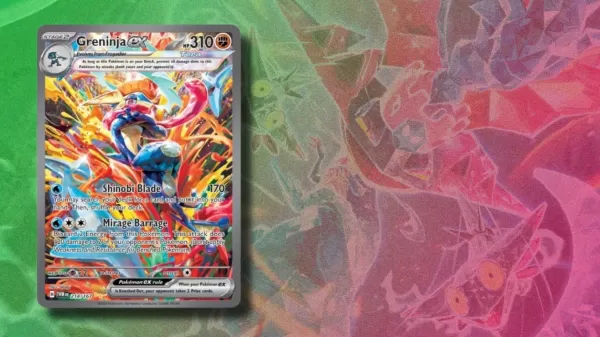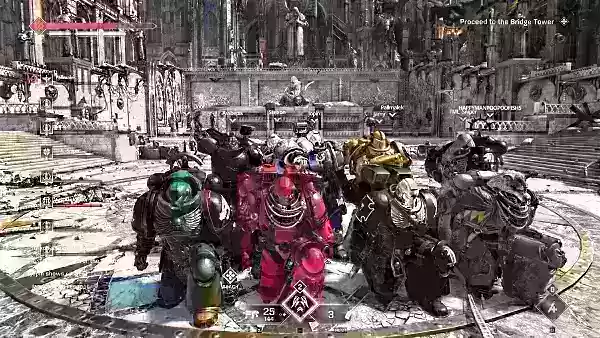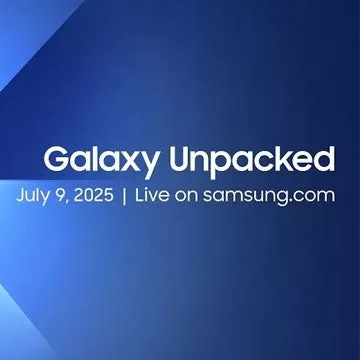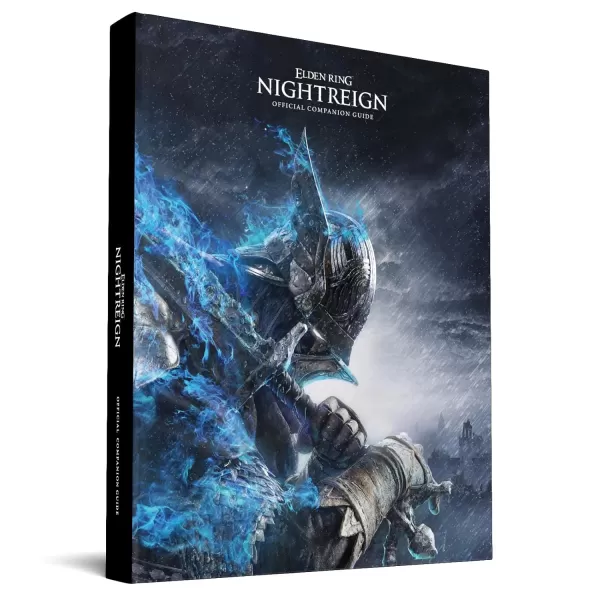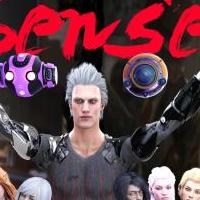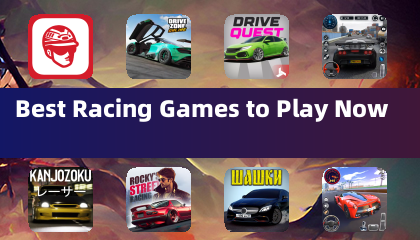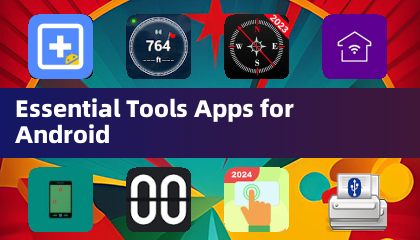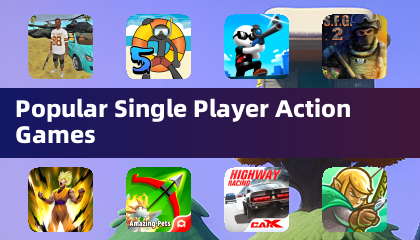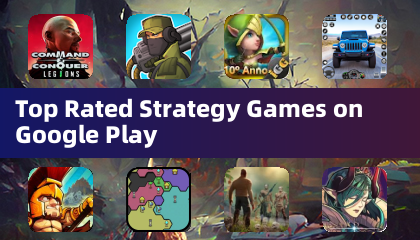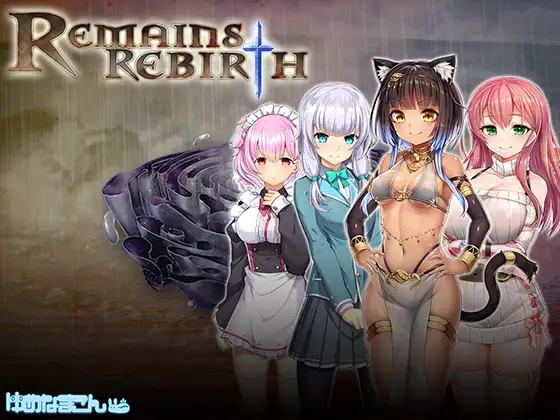If there’s a contender for the biggest news over the weekend, for better or worse, one of the top picks would have to be TikTok going offline in the United States. The ban, which had been anticipated due to a congressional act targeting TikTok as a "foreign adversary controlled application," seemingly took effect on Sunday.
By now, you're likely aware that President-elect Donald Trump quickly pledged to restore the service, and ByteDance promptly brought their popular social media app back from its brief hiatus. However, the same fanfare-filled return has not been seen for some of their other applications.
A prime example is Marvel Snap, the popular comic-themed card battler. As reported over the weekend, Marvel Snap, along with other releases from ByteDance subsidiaries like Moonton’s Mobile Legends: Bang Bang, was abruptly halted in the United States with a message stating it had been banned.
ByteDance's message was clear: accept all of their offerings or receive none. The real challenge? It appears that developer Second Dinner was not forewarned about this move and has been managing the fallout on Twitter for the past 24 hours. Despite this, they've committed to restoring Marvel Snap to service swiftly, though this situation raises some troubling questions.
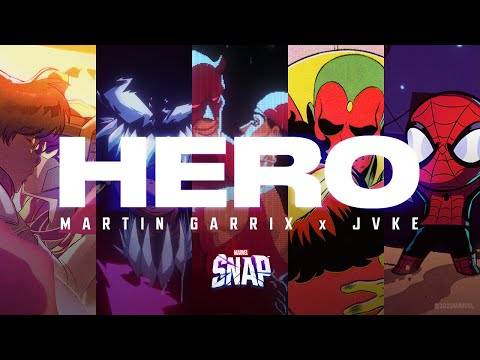 Catch!You don't need a degree in political science (which I don't have) to recognize that TikTok's outage and its pointed message casting Trump as its potential savior was likely a calculated move by ByteDance to generate buzz. This strategy seems to have paid off, allowing them to dramatically re-enter the U.S. market.
Catch!You don't need a degree in political science (which I don't have) to recognize that TikTok's outage and its pointed message casting Trump as its potential savior was likely a calculated move by ByteDance to generate buzz. This strategy seems to have paid off, allowing them to dramatically re-enter the U.S. market.
However, this political maneuver also impacted other gaming releases, leaving some ByteDance developers in the lurch. Second Dinner has had to offer significant free rewards to compensate for the downtime once players regain access to their cards, hopefully by the time of this article's publication.
While this may not prompt Second Dinner to end their lucrative partnership with ByteDance, it's unlikely to boost their confidence. The message seems clear: mobile gaming is less of a priority than ByteDance's algorithm-driven social media ventures.
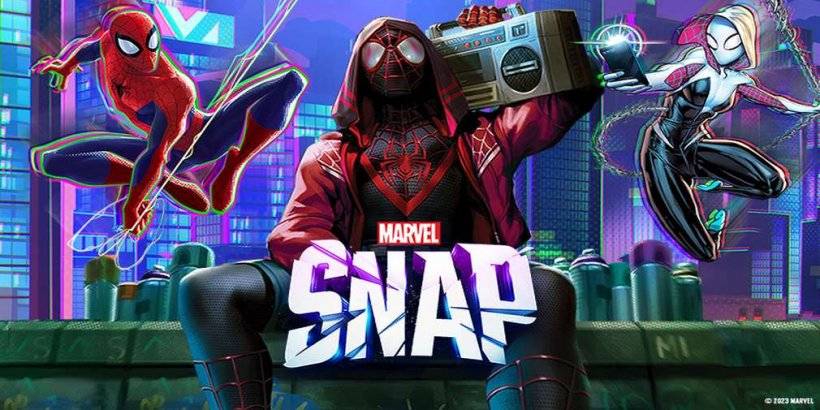 Game overThis isn't the first time ByteDance has signaled that gaming takes a backseat to their social media business. In 2023, their gaming division underwent massive layoffs, canceling many projects before they could launch.
Game overThis isn't the first time ByteDance has signaled that gaming takes a backseat to their social media business. In 2023, their gaming division underwent massive layoffs, canceling many projects before they could launch.
Since then, Marvel Snap suggested that ByteDance's new strategy might involve partnerships rather than in-house development. However, such a significant breach of trust could make other potential developers and publishers wary of being caught in ByteDance's next political storm.
Disney, too, must be displeased, as they recently enjoyed renewed relevance with the release of NetEase’s Marvel Rivals, which boosted mobile gaming through a crossover collaboration earlier this month. ByteDance may have called the politicians' bluff, but players, developers, and IP holders are unlikely to be as forgiving.
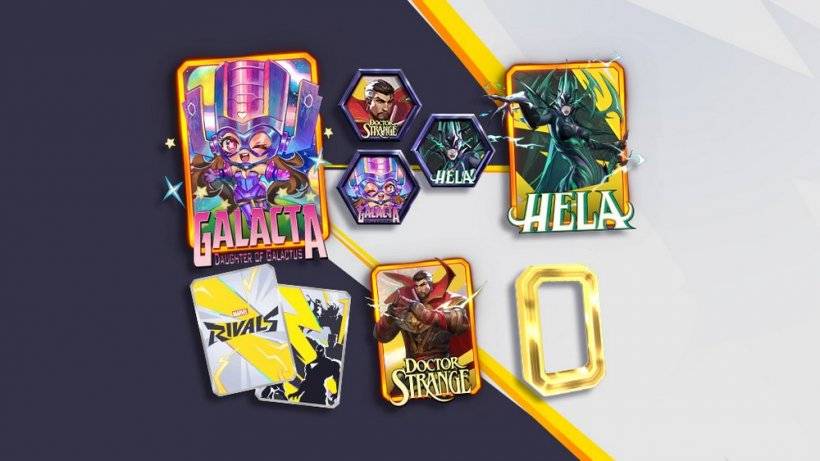 They think it’s all over…Rumors suggest ByteDance is just the beginning. Tencent, NetEase, and other Chinese gaming companies could be next in line. The FTC has already targeted MiHoYo over their use of loot boxes, and even this high-profile conflict and its anticlimactic resolution may not deter future political attacks on gaming.
They think it’s all over…Rumors suggest ByteDance is just the beginning. Tencent, NetEase, and other Chinese gaming companies could be next in line. The FTC has already targeted MiHoYo over their use of loot boxes, and even this high-profile conflict and its anticlimactic resolution may not deter future political attacks on gaming.
What could happen next? In the case of Marvel Snap, many, especially older players, who were indifferent to TikTok suddenly took notice when their favorite card game was pulled. ByteDance's bold and unexpected strategy did pay off, setting a concerning precedent.
How will people react when their favorite pastime becomes a pawn in Washington's political games, with adversaries half a world away? There's an old saying about bread and circuses that might just backfire on everyone involved.

